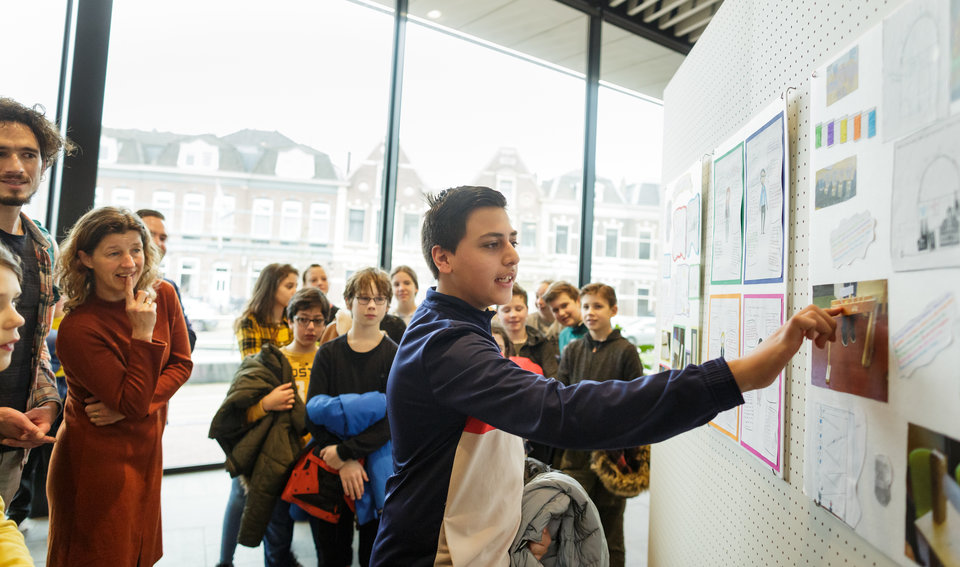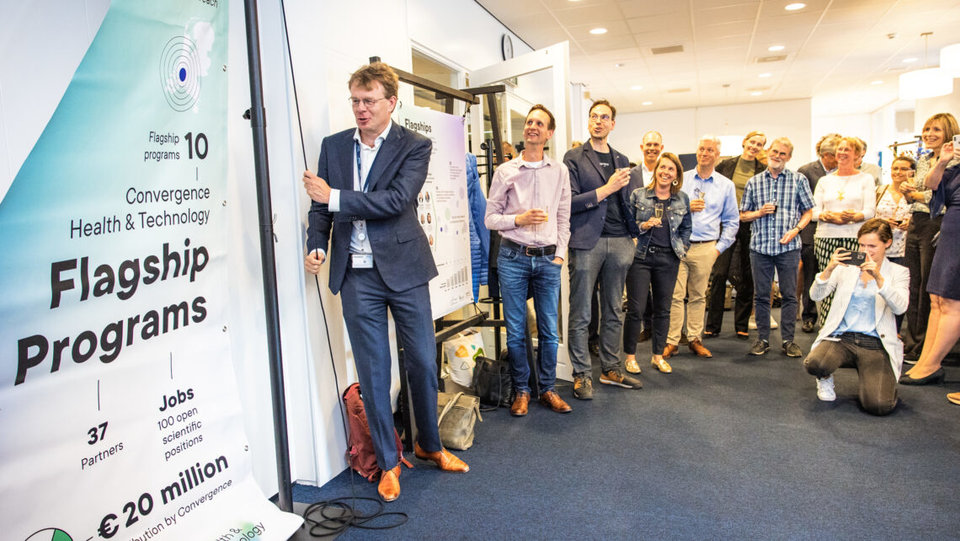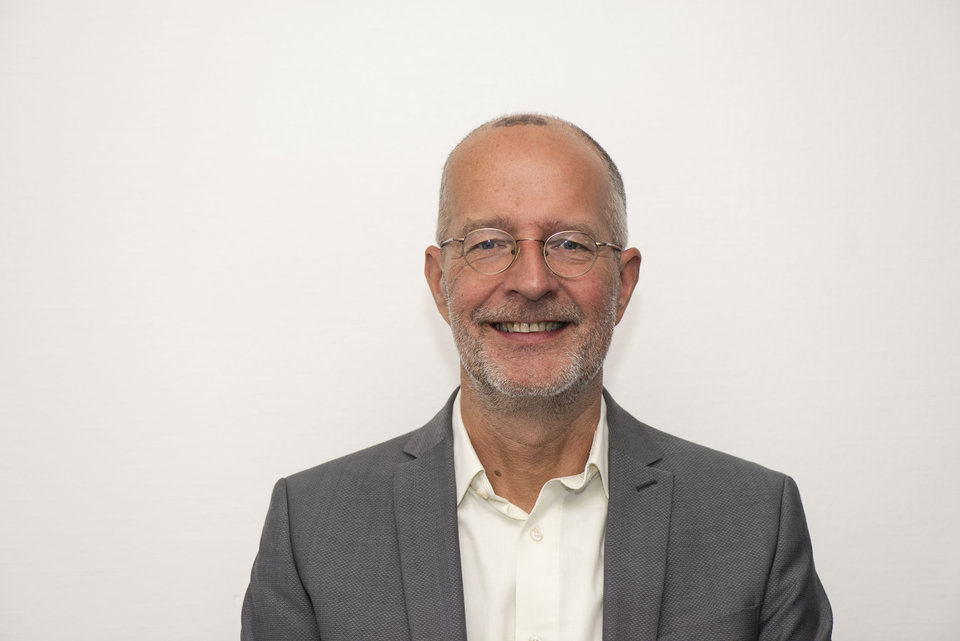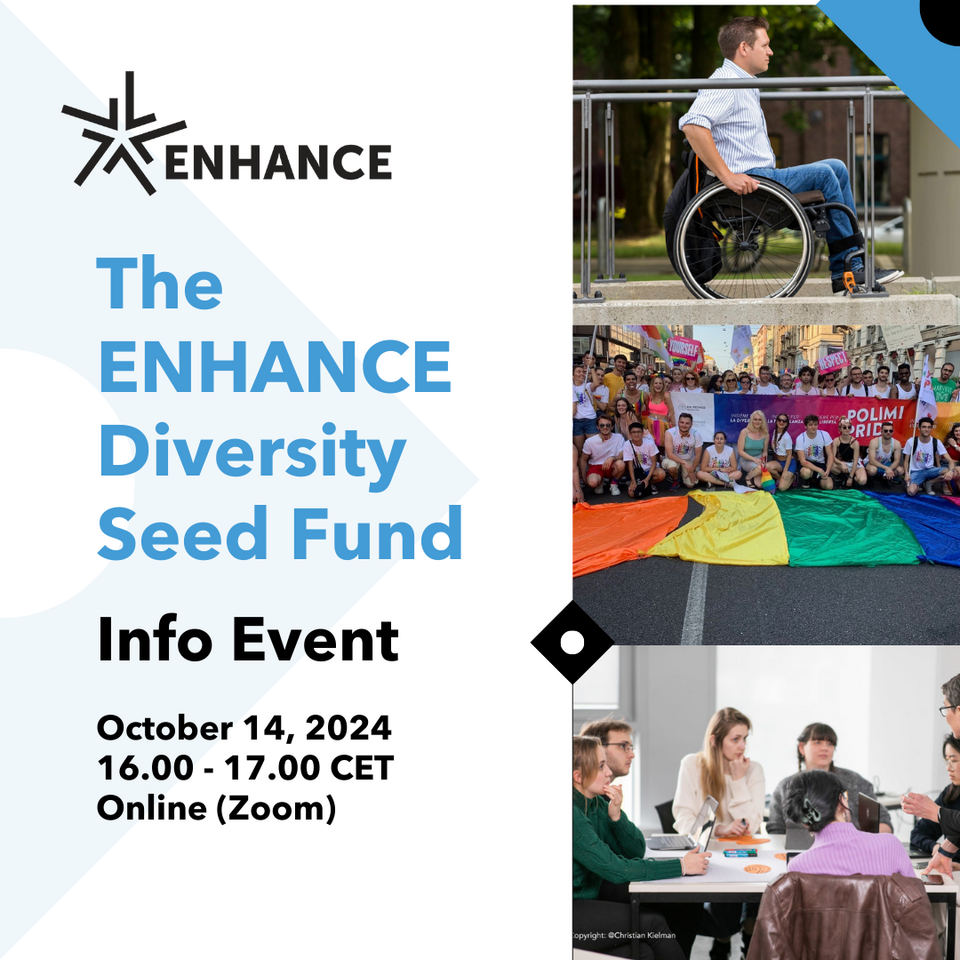Card Overview
Half height card - Default
Styling based on the availability of image, title, metadata and text
Full card - image & title only
No results matching your search query were found.
Full card - half image, title
No results matching your search query were found.
Full card - half image, title and abstract
No results matching your search query were found.








